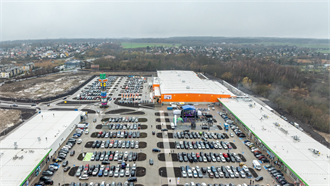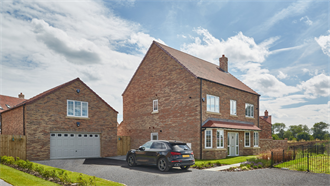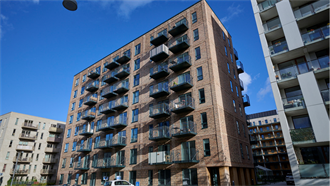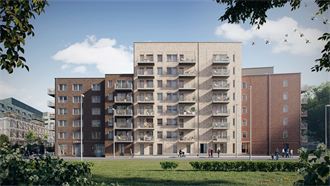‘Operational’ real estate used to apply only to niche asset classes, but now there is a good argument for saying every type of asset is operational, including offices.
SPECIAL REPORT: Smooth operators
- In Magazine highlights
- 09:09, 04 oktober 2021
Premium subscriber content – please log in to read more or take a free trial.
Events
Latest news
Best read stories
-

Trei invests €44m in Polish retail parks over 2024
- 19-dec-2024
International developer and asset holder Trei Real Estate has concluded 2024 with the opening of its 41st Vendo Park in Poland.
-

-
- 19-dec-2024
CDC snaps up Paris office from Deka

-

-






























